Project Brief
This gut renovation project will reconfigure floor layouts, restore the exterior building envelope, replace the exterior windows, replace the Mechanical, Electrical, Plumbing & Life Safety systems, and generally modernize the facility to meet the School of Integrative Plant Science’s Instructional and Research needs in the 21st century.
- The project obtained B&P’s Construction Approval on March 23, 2023.
- FAHS Construction is the General Contractor.
- The 30-month Construction period began on July 5, 2023, and is scheduled for substantial completion in January 2026.
Progress Report
- Asbestos abatement has now been completed on the Ground, 1st and 2nd floors.
- Selective demolition has largely been completed on the Ground and 1st, 2nd and 3rd floors.
- Mass demolition has been completed on the Ground, 1st and 2nd floors.
- The footing and foundation of the elevator have been completed.
- Mass demolition has been completed on the Ground, 1st and 2nd floors.
Two-week look ahead
- Installation of temporary power and lights will continue through the next two weeks.
- Mass demolition on the 3rd floor is scheduled to begin on Dec. 11
- Asbestos abatement is on-going on the 4th and is scheduled to be completed by Dec. 6
- Relocation of the RO/DI system to PSB 403B:
- Coring of the floor drain was completed on Nov. 22
- Installation of the piping is in progress.
- System relocation was moved from the original Dec. 6 date to Dec. 18
Upcoming shut-downs
- The RODI system will be shut-down for relocation between Dec. 11 and 18





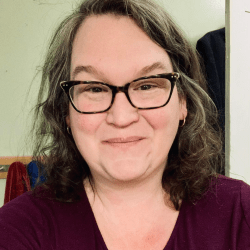 SIPS leadership is pleased to welcome
SIPS leadership is pleased to welcome 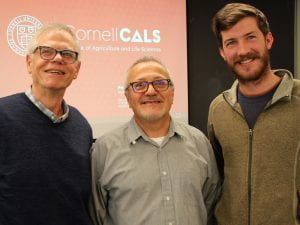 Tim Setter
Tim Setter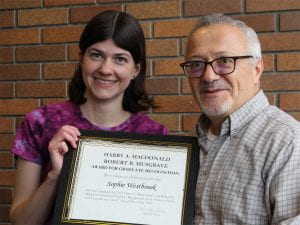
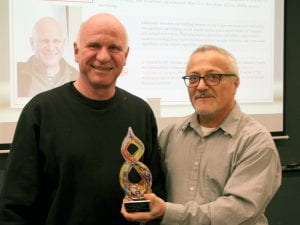 Also at the event,
Also at the event, 



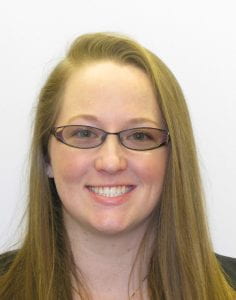 SIPS leadership is pleased to welcome
SIPS leadership is pleased to welcome